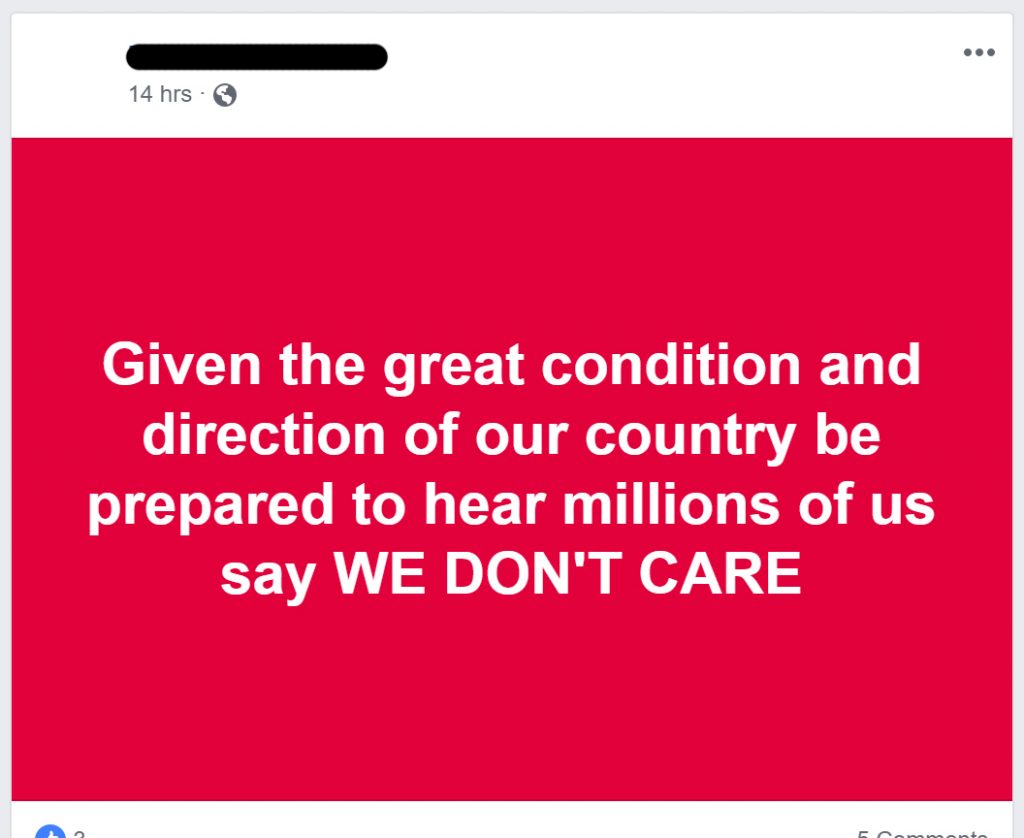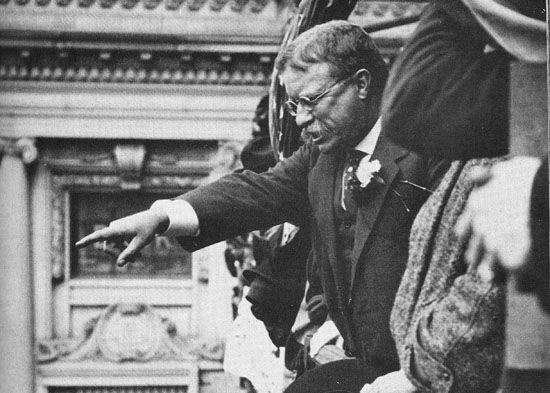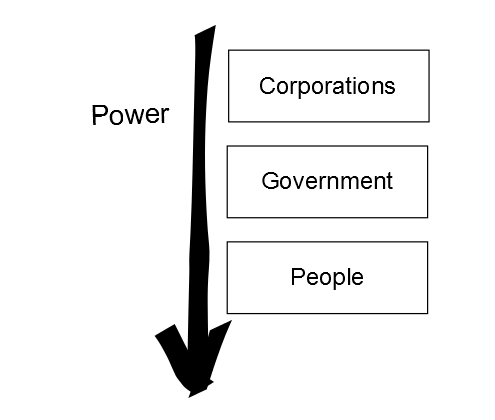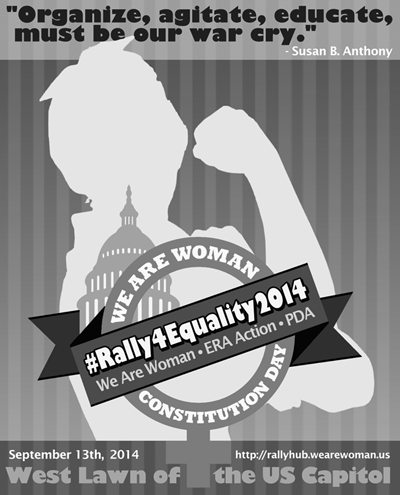Five things to keep repeating if we want a better economy for everyone
I was talking this week about the Mueller investigation with a guy I know from Western New York.
He said he’s sticking with Trump because of the economy and because he believes Trump and his tax cuts for the wealthy are responsible for the current strong economy.
I’ve heard this from many many folks who have bought into the narratives that corporate special interests create about our economy. It’s likely you’ve heard some of this advertising and framing:
- Tax cuts create jobs
- We need to grow the economy so everyone will benefit
- Free markets
- Regulations “hold back” the economy
- I’m a capitalist, you’re a socialist
- The private sector is better at everything
And so on. This powerful marketing is used by corporate special interests to elect politicians who will do what corporate special interests want. More power and money for them.
In my experience, we tend to be good at critiquing these claims without describing what would make a better economy. What should we be striving for? Where do we want to be if we can get there?
Towards this end, I thought I’d share the 5 simple points I’ve found to be most successful in talking about the economy.
















